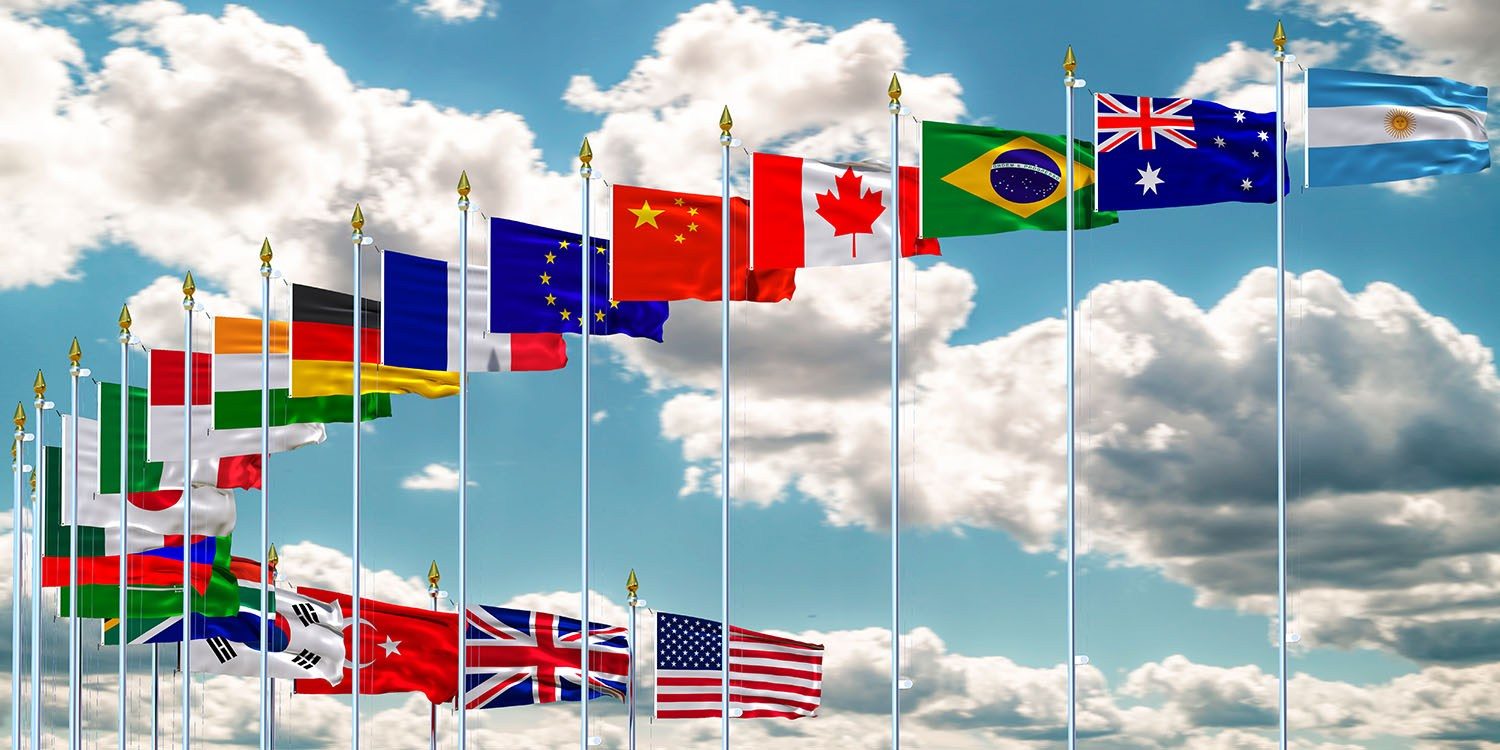 1410
1410
 2019-06-11
2019-06-11
The G20 has set a deadline for a two-prong tax crackdown on tech giants, which could hit companies like Apple, Amazon, Facebook, Google and Uber. The 20 members have agreed to put in place by 2020 measures to stop international companies using tax loopholes to pay less tax than locally-based companies.
One of the arrangements used by Apple has been cited as an example of this type of loophole …

Tax evasion is illegal; tax avoidance is exploiting loopholes in the law and tax codes in order to pay less tax than was intended when the laws were created.
Apple’s Irish arrangement – now no longer used – was an example of a common tax avoidance measure used in Europe by a number of tech giants. When an iPhone was sold in the UK or France or Italy, for example, Apple would pay no tax on the profit made in that country. (A sales tax called VAT is charged, but that’s a tax paid by consumers, not companies. Companies can claim back the VAT they pay.)
Apple instead funnelled all profits from countries across Europe to to its European headquarters, which was based in Ireland. There, it had a so-called sweetheart agreement with the Irish government to pay a very low rate of tax.
The sweetheart tax deal has since been declared illegal, though it was Ireland – and not Apple – which broke the law by offering the special terms. Ireland was ordered to collect €13B in back-tax from Apple. The iPhone maker has paid this into an escrow account pending two appeals.
Apple is largely expected to be a major target for the tax reform, as evidenced by an EU investigation that ruled it didn't pay enough tax to Ireland, prompting a payment of $15 billion to the country. Both the Irish government and Apple are contesting the ruling by the European Commission.
Apple CEO Tim Cook has maintained Apple pays "all the taxes we owe," and that it even follows "the spirit of the laws."
Source: 9to5mac